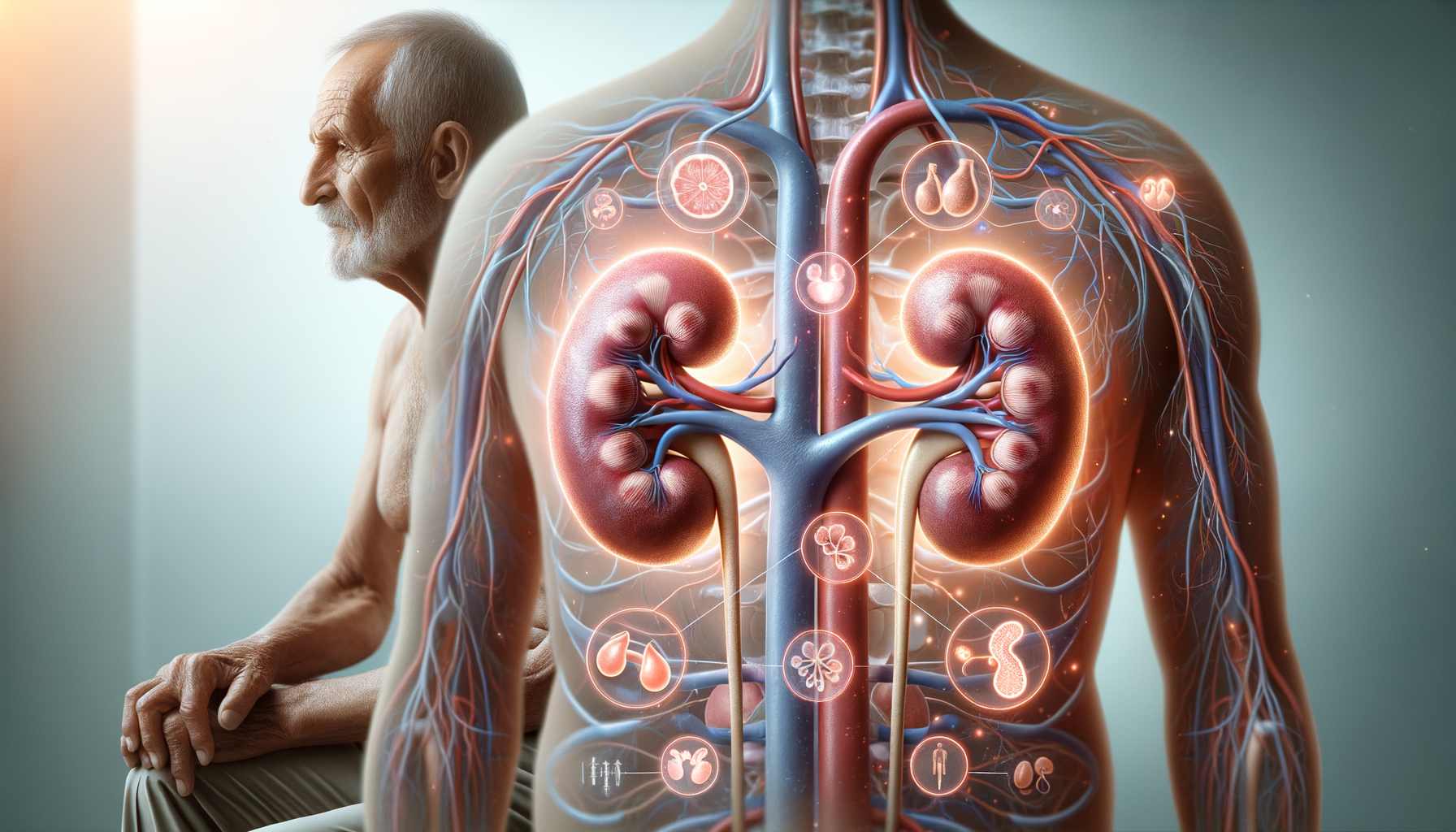Ways to Understand Early Detection of Kidney Disease in Individuals Over 70
Could there be subtle signs of kidney changes as individuals get older? Understanding the potential indicators is important. Learning more about these markers can offer valuable insights.

Understanding the Basics of Kidney Function in Seniors
The kidneys play a crucial role in maintaining overall health by filtering waste products and excess fluids from the blood. As individuals age, particularly those over 70, kidney function can naturally decline. This decline is often due to the reduced number of functioning nephrons, the tiny filtering units within the kidneys. In seniors, understanding these changes is essential to maintaining kidney health.
Renal function in older adults can be influenced by various factors, including chronic conditions like hypertension and diabetes, which are prevalent in this age group. Additionally, medication use and dietary habits can impact kidney health. It’s important for seniors to monitor their kidney function regularly, as early detection of any decline can prevent further complications.
Regular check-ups with healthcare providers can help assess kidney function through tests such as the Glomerular Filtration Rate (GFR) and urine analysis. These tests provide valuable insights into how well the kidneys are performing their filtering duties. By understanding these basics, seniors can take proactive steps towards maintaining their kidney health.
Recognizing Early Signs and Symptoms: What to Look For
Early detection of kidney issues is crucial, especially for seniors. Recognizing the signs and symptoms can help individuals seek timely medical intervention. Some of the early indicators include changes in urination patterns, such as increased frequency, foamy urine, or difficulty urinating. These changes may signal that the kidneys are struggling to perform their functions effectively.
Other symptoms to watch for include unexplained fatigue, swelling in the ankles and feet, and persistent itching. These symptoms arise as waste products build up in the body due to impaired kidney function. Additionally, high blood pressure can be both a cause and a symptom of kidney issues, making regular monitoring essential.
By being vigilant about these signs, seniors and their caregivers can ensure that any potential kidney problems are addressed promptly. Early recognition and intervention can significantly improve outcomes and quality of life for seniors.
Proactive Steps for Kidney Health and Early Detection After 70
Maintaining kidney health after the age of 70 requires a proactive approach. Engaging in regular physical activity and adopting a balanced diet low in sodium and rich in fruits and vegetables can support kidney function. Staying hydrated is also key, as it helps the kidneys filter waste more effectively.
Routine medical check-ups and screenings are vital for early detection of kidney issues. Seniors should work closely with their healthcare providers to monitor kidney function and manage any existing health conditions, such as hypertension or diabetes, that could impact the kidneys.
Additionally, medications should be reviewed regularly to ensure they do not adversely affect kidney health. Avoiding over-the-counter pain relievers that can harm the kidneys is also advisable. By taking these proactive steps, seniors can maintain their kidney health and detect any potential issues early on.